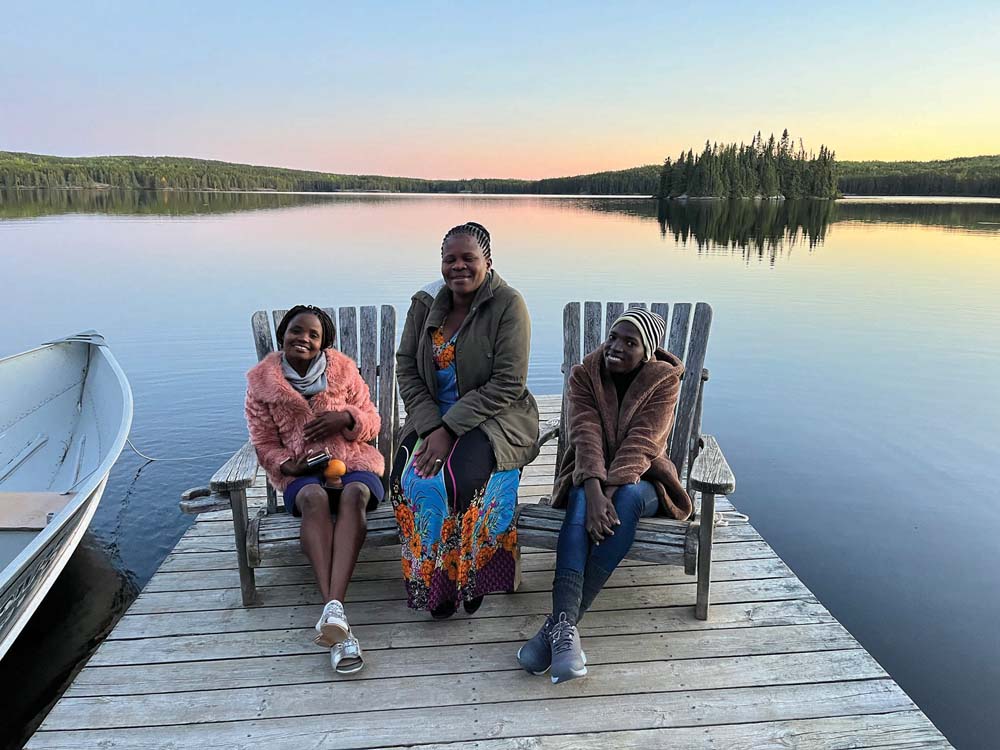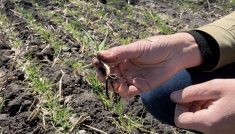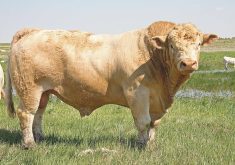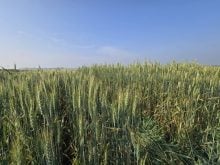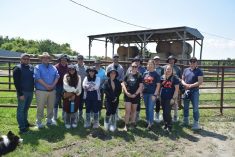Four African scientists found parallels between their home lakes and the problems facing Manitoba’s lakes during a recent visit to the province.
“We have this common problem of pollution. It doesn’t spare anyone,” said Gladys Chigamba, a research scientist at Lilongwe University in Malawi.
Chigamba and three other women from Malawi, Kenya and Tanzania, visited Manitoba through a partnership between the International Institute for Sustainable Development (IISD) and the African Centre for Aquatic Research and Education (ACARE).
Read Also

Tie vote derails canola tariff compensation resolution at MCGA
Manitoba Canola Growers Association members were split on whether to push Ottawa for compensation for losses due to Chinese tariffs.
They visited the Experimental Lakes Area, a “freshwater laboratory” of 58 lakes in northwestern Ontario. They also attended events to network with other scientists and share research.
The Manitoba Co-operator spoke with the four women at an Oct. 6 event at IISD’s offices.
The scientists work on the African Great Lakes in east Africa. The best Manitoba comparison might be Lake Winnipeg, said Pauline Gerrard, deputy director of the Experimental Lakes Area.
Pollution in general is an issue in both places, the women said.
The scientists learned about a project to study the effects of 6PPD-quinone, a chemical found in tires, on rivers and lakes. The chemical wears off tires onto roads and then washes into the water table, they explained. Some said they’d like to test for the chemical.
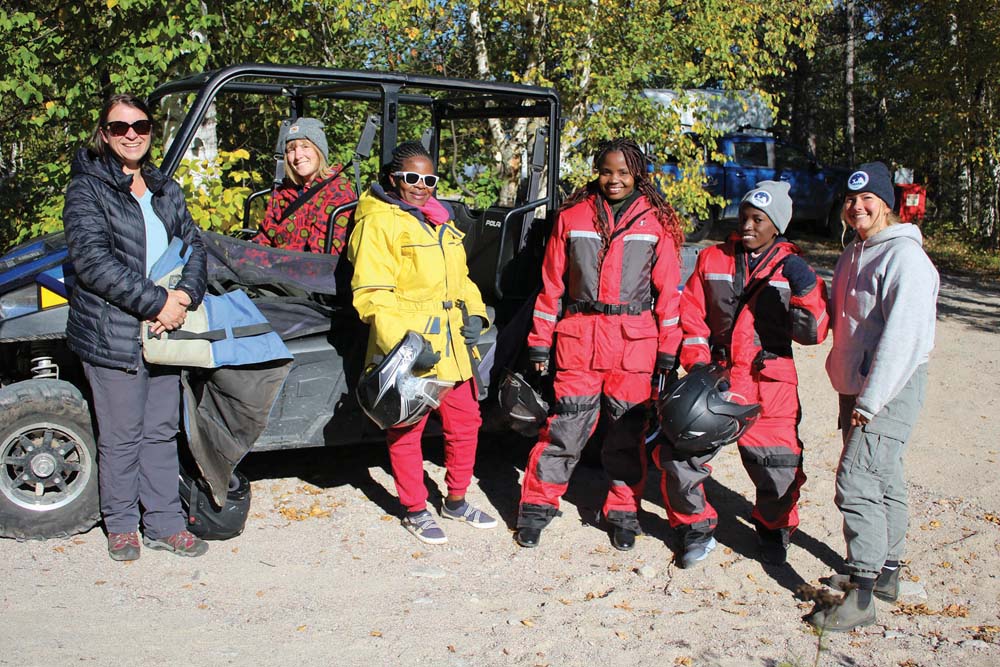
They also viewed a study on microplastics, which are microscopic bits of plastic that end up in the environment. Researchers are studying the impact of plastics on lake organisms, Gerrard said and Elizabeth Wanderi, from Kenya, said she’d like to study them in her country.
As in Manitoba, eutrophication — huge algae blooms caused by an excess of nutrients in water — is a big problem in the African Great Lakes, the women told the Co-operator.
Agriculture along the lakes and rivers is a big issue, said Wanderi, so nutrient loading is a problem.
In Kenya, a lot of the population is concentrated on the banks of rivers and streams, Wanderi said. They see it as their land, so any laws designed to conserve water are seen as challenges to their property.
The public struggles to understand the need for conservation, said Margret Sinda, from Malawi.
“They don’t understand that if they don’t find fish, it’s because it’s depleting,” she said.
Food insecurity complicates conservation efforts, said Catherine Fridolin, from Tanzania.
“It’s very difficult to go tell those fishermen to stop fishing just because the fish are depleting while they’re dependent on the fish resources for food,” she said.
“if you tell them that this is closed season, it’s very hard for them because it’s like you’re telling them that now they will not have anything to eat,” added Sinda.
Communities must be included in policy making, Fridolin said. The government needs to see how it can help communities while working to manage resources.
Governments also need to put more effort into conservation, said Sinda.
In Malawi, the government funds research but she does not consider it to be enough. A lot of the research depends on donors, which aren’t reliable sources of funding.


